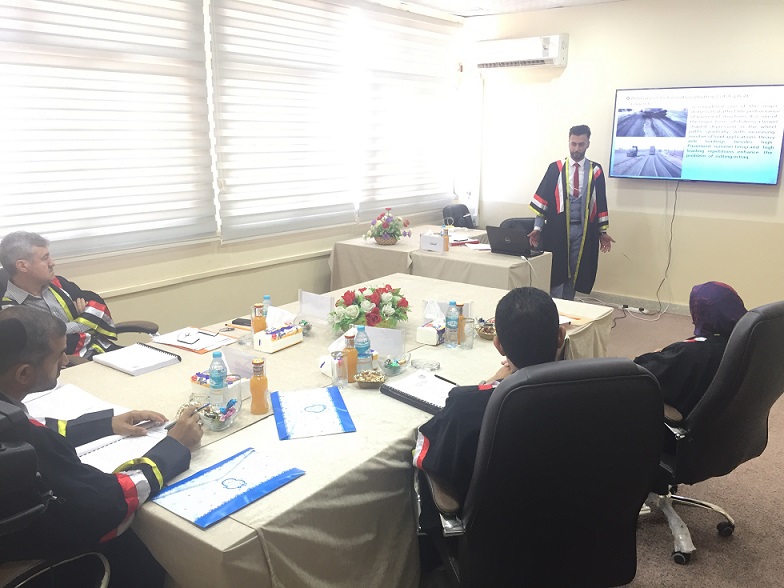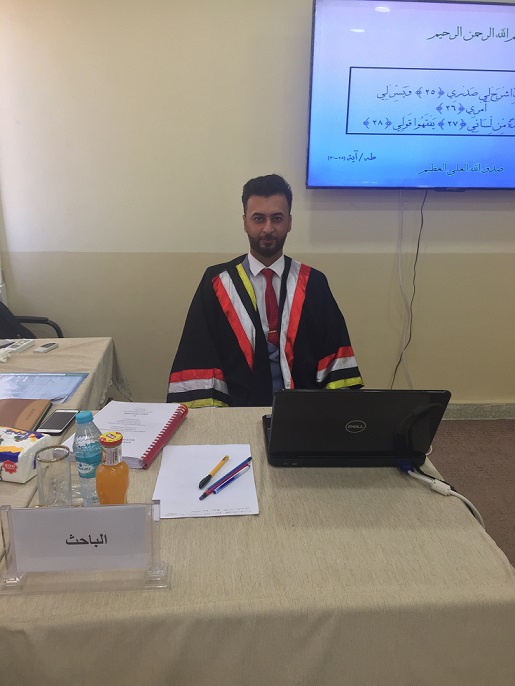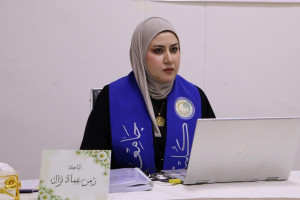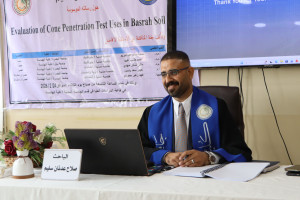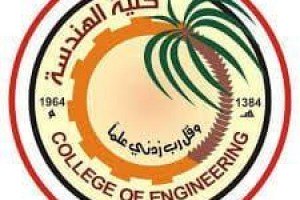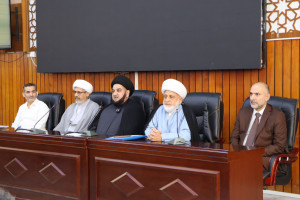
A master’s thesis at the College of Engineering at the University of Basrah examined (the study of the use of the bronchial clamp in layers of asphalt paving) by the student Ammar Fakher Sabri
The thesis dealt with a study of the use of locally available materials, in addition to being environmentally friendly, used as an interlayer that acts as a supportive material for the performance of flexible tiling and is selected through tests conducted in the laboratory to find appropriate treatments for this problem.
The current study includes two main parts. Laboratory work Theoretical research using an artificial neural network The main purpose of the laboratory work is to use a bronchial clamp in the layers of asphalt paving to reduce the permanent deformation that appears in the surface layer. To accomplish this goal, locally available materials were used, which include: crushed aggregate representing a gradient Aggregate used in the surface layer, penetrating bitumen (40-50), cement as a filler, bronchial clamp for the reinforcing layer The laying of the clamp was studied in different locations, namely (embedding the clamp over the natural ground layer, embedding the clamp over the base layer, embedding the clamp over a layer Bonding and clamp embedding at the bottom and middle of the layer) The results showed that the presence of the bronchial clamp in different locations of the road layers improved the performance and led to a reduction in the distortion ratio of the supported samples, unlike the unsupported samples.
As for the second part of this study, the artificial neural network available in the MATLAB version (R2013a) program was used to predict permanent deformation in asphalt pavement layers in reinforcement sites. The results showed that the training function (trainrp: Resilient Back-propagation) was the best compared to other countries that used Studying with one hidden network and two networks
